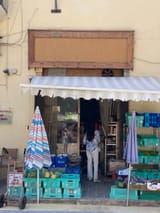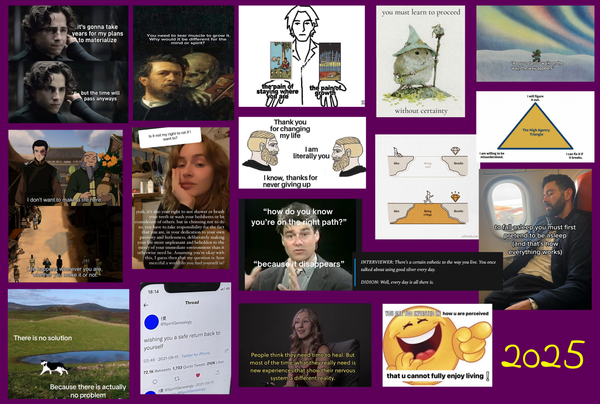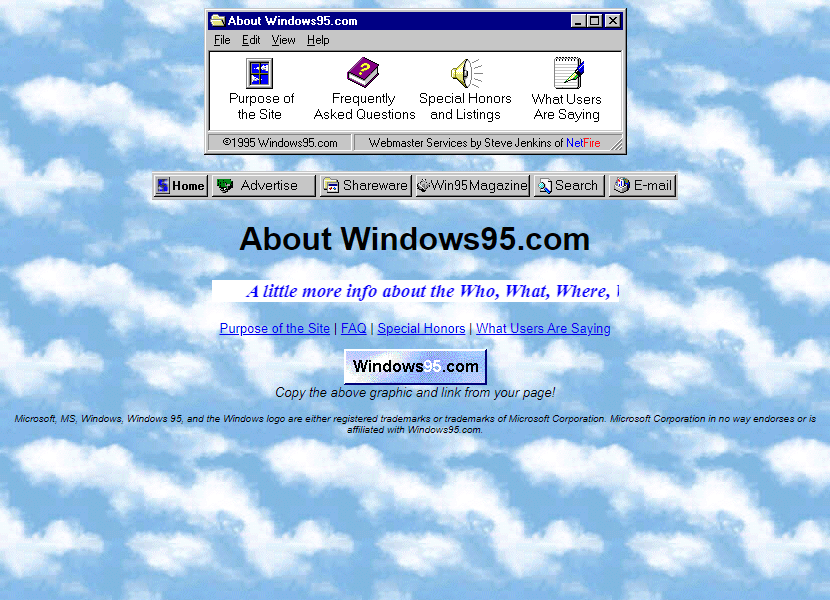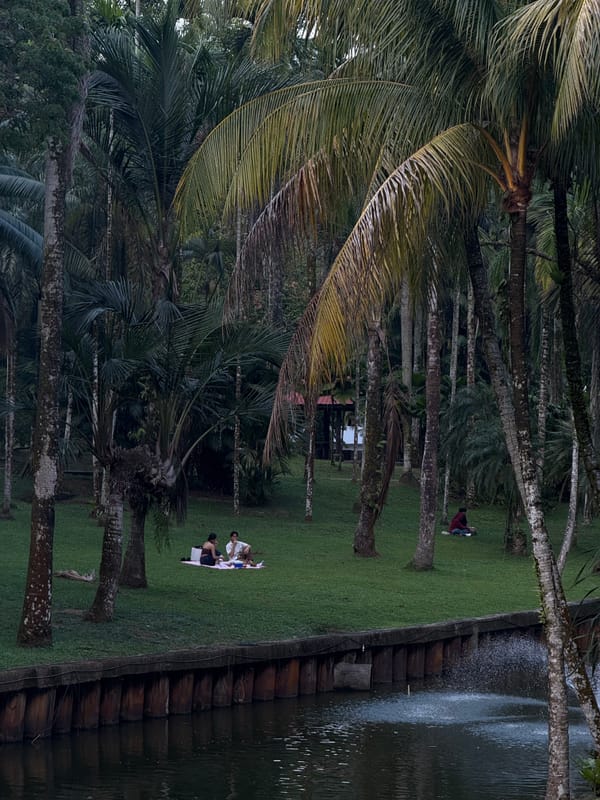Why being an internet native means a lot to me
I hold a special place in my heart for the internet.
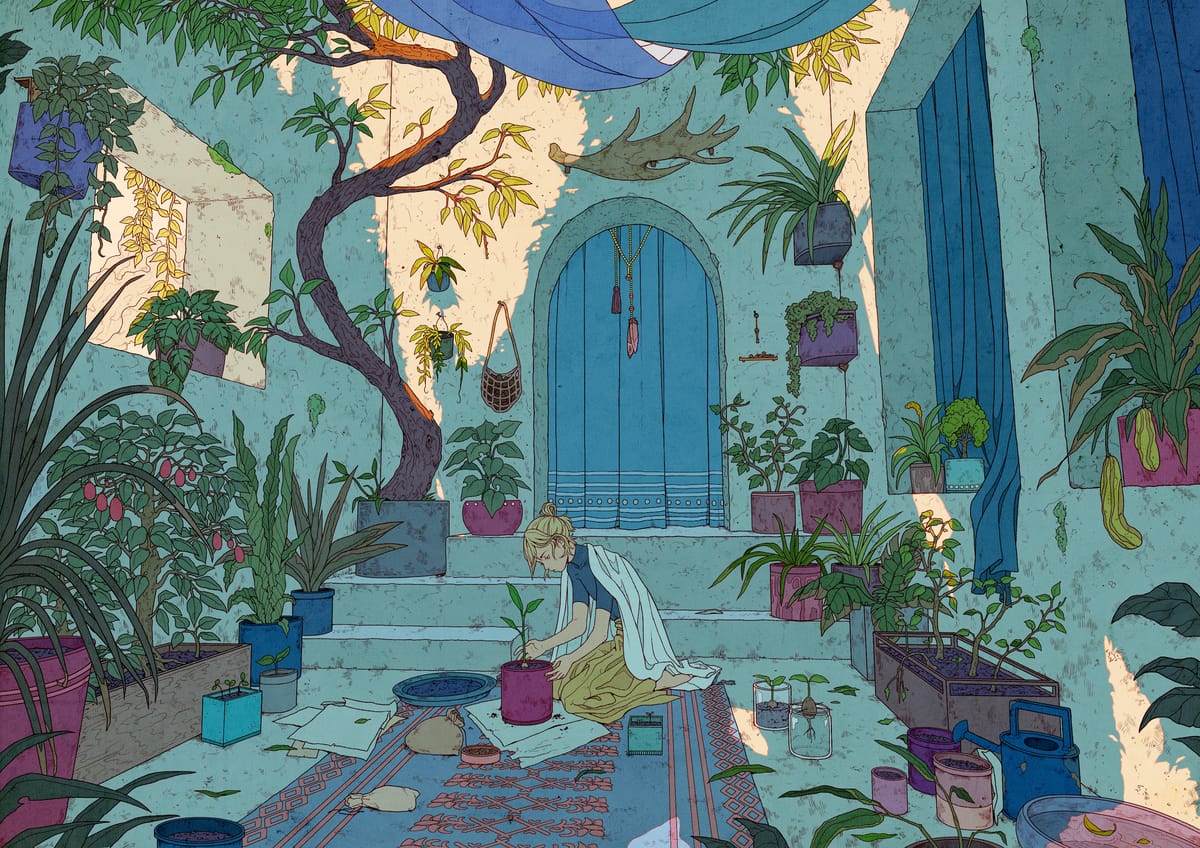
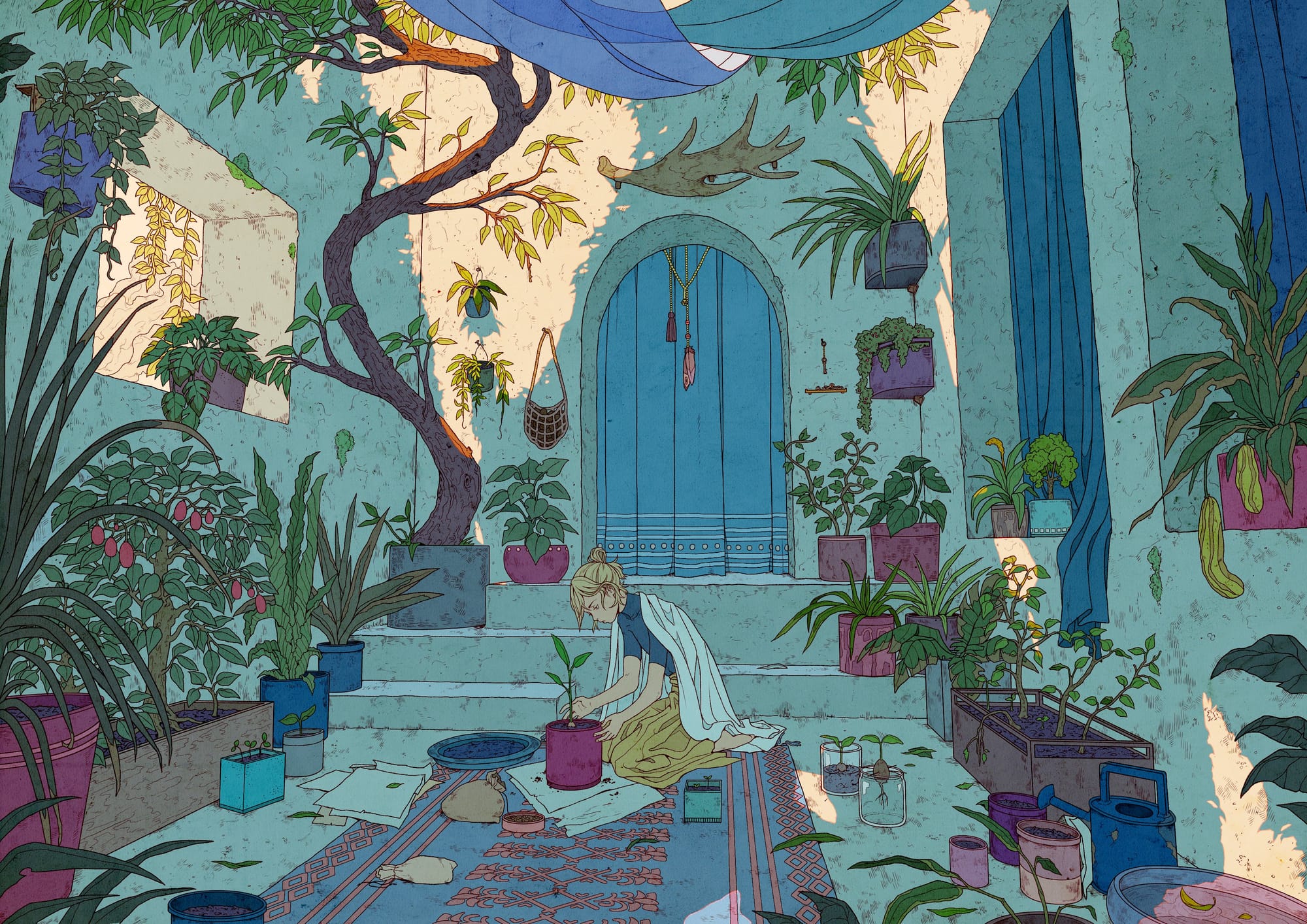
While most millennials and gen-z’ers would consider themselves a digital or internet native (someone who grew up with the internet), myself included, I have a stronger attachment to it. The internet was a significant part of my teenage years so I hold a very special place in my heart for it. While most teenagers would still have a social life outside of the internet, I spent most of my time online. Maybe it’s also why despite many people still feeling sceptical of web3, I felt a gradual affinity for it and saw it as a natural evolution of the internet.
Like any other Asian family, my parents wanted me to thrive in my studies. They only knew what was best back then, which was for me to study and get good grades. The local education system was broken, so all everyone cared about in school was the results too. There was only the “right” way to study, and you had to follow the rules or it would be an act of disobedience. When I failed to get the expected grades, it was because I didn’t study hard enough or I wasn’t smart enough. I even forced myself to eat more fish in an attempt to improve my intelligence. But it always felt like I was never enough in my parents’ eyes.
My parents’ expectations cultivated a difficult environment for me so I didn’t have the space to explore as a teenager. They implicitly discouraged me from going out with friends to hang out or enjoying my hobbies, suggesting I should study instead. It didn’t mean I was a social recluse; I still had a few close friends. I still wasn’t able to explore my interests deeply or develop enough social skills needed as a teenager. But my parents were baffled as to why I was anti-social when I didn’t want to interact with people (Narrator: She was just incredibly shy. She simply lacked social skills). The shyness didn’t help, so I kept to myself even more. As the eldest child of the family, I wanted to please my parents and didn’t want to trouble them. Since I didn’t have the space to explore as a teenager, I built my own physical safe space in my room. So, I spent much of my time there in the guise of studying.
Instead, I was on the internet.
My earliest internet memory was playing Neopets and old-school Disney, Nickelodeon, and Cartoon Network games on their official websites in the mid-2000s. They were actually that good. I don’t remember how I taught myself to use the internet. Maybe it came naturally to a generation raised in the digital era, or maybe it was also because I was more active online. When we only had one computer at home, I remembered discreetly using the internet while my parents were away. Even if I did get caught, I’d continue the next day stealthier. At the time, Nickelodeon began airing Avatar: The Last Airbender (ATLA). I was so taken by it that I wanted more, so I googled it. I found the official website, but I also came across “fansites”. That was the beginning of my internet rabbit hole.
These websites were created by ATLA fans, hence “fansites”. They had character and episode guides, chatrooms, fanfiction, fanart, and more. They were also affiliated with one another, making it easier to navigate between different fansites. As a 12-year old, I was intrigued that there were fans like myself who created websites in honour of their favourite TV show. So I did a thing too. I’m not sure which came first: writing my own fanfiction or building my own fansite.
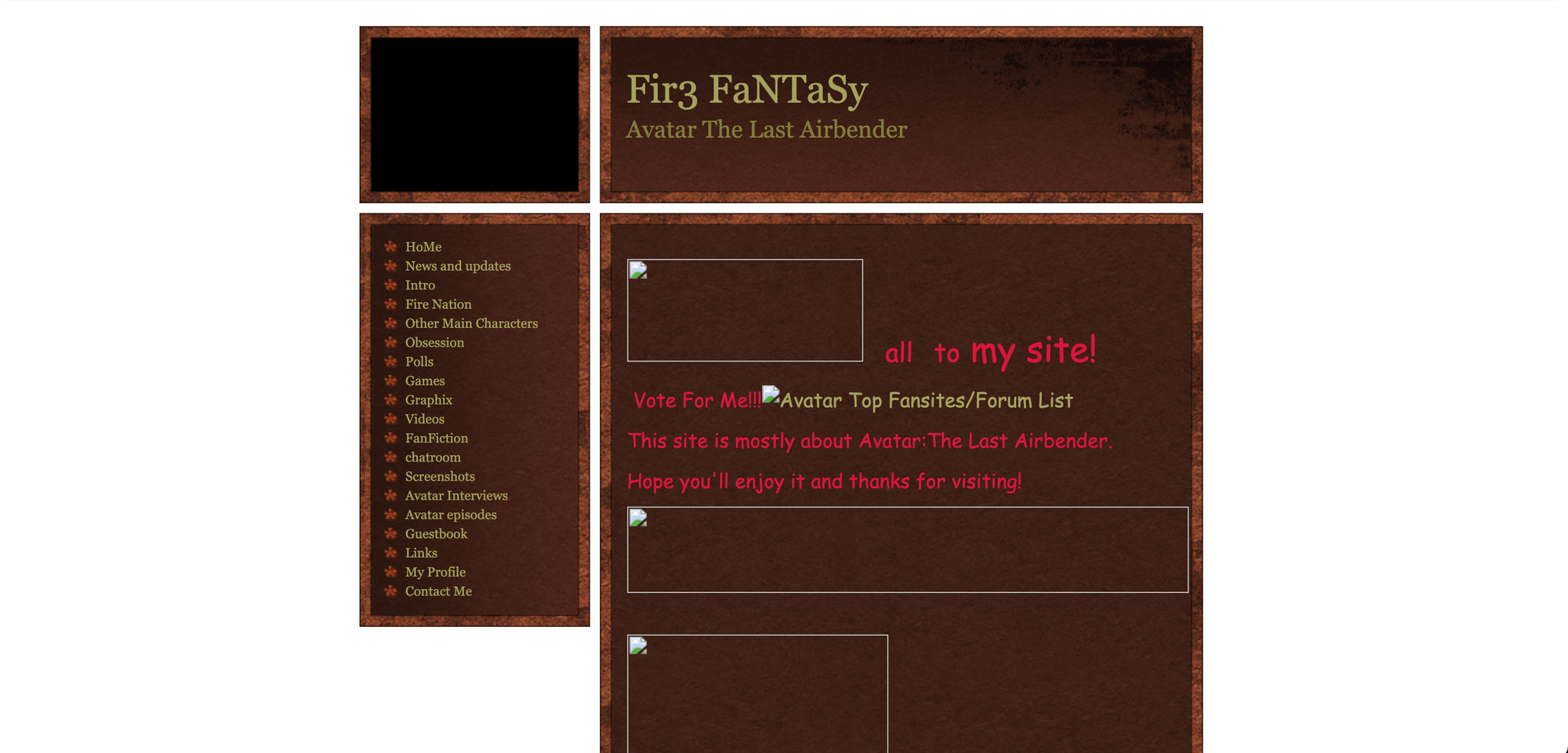
Discovering Avatar fansites opened up a whole new world online. **There were so many things to explore and I dabbled in almost all of them: FanFiction (writing), DeviantArt (drawing), YouTube (making videos, though they were mainly photos), Blogger/Livejournal/Xanga (blogging + basic HTML to customise my blog), made internet friends through fandoms, and built my own ATLA fansite. I don’t remember the process of signing up, but it must have been easy for a pre-teen like myself. I used Freewebs, one of the OG “no-code” website builders to build my fansite. From there, I played around, built it based on my aesthetic preferences (all hail Comic Sans), and incorporated what other fansites did too. I even uncovered old, cringy emails in which I sought to affiliate my fansite with theirs.
I was interested in discovering and trying out new tools that no one really used. When video calling wasn’t a thing, I found “OOVOO” to video call my friends. When Friendster (RIP) was big, I used Bebo (RIP) or Myspace (RIP. It wasn’t popular here). When people used Blogger for blogging, I experimented with Livejournal and Xanga. I was an avid Tumblr fan. Yes, I was that weird Tumblr girl. So, most of my idiosyncrasies stem from my active involvement with the internet, from early memes and shitposting to the ease of watching anime and movies which created a path to fandoms.
There’s a saying if you want to figure out what you want in life, take a look at what you enjoyed in your childhood or adolescence. I don’t remember what I did as a child except for watching a lot of TV (which might explain my interest in media and visual arts), but as a teen, it was obvious. Maybe it wasn’t so much about the internet as it was about the possibilities it provided for me when I couldn’t go out with my real-life friends. So I kept to myself, writing fanfics or redesigning my blog than doing what a normal teenager would have done in their typical social life such as shopping and hanging out in malls.
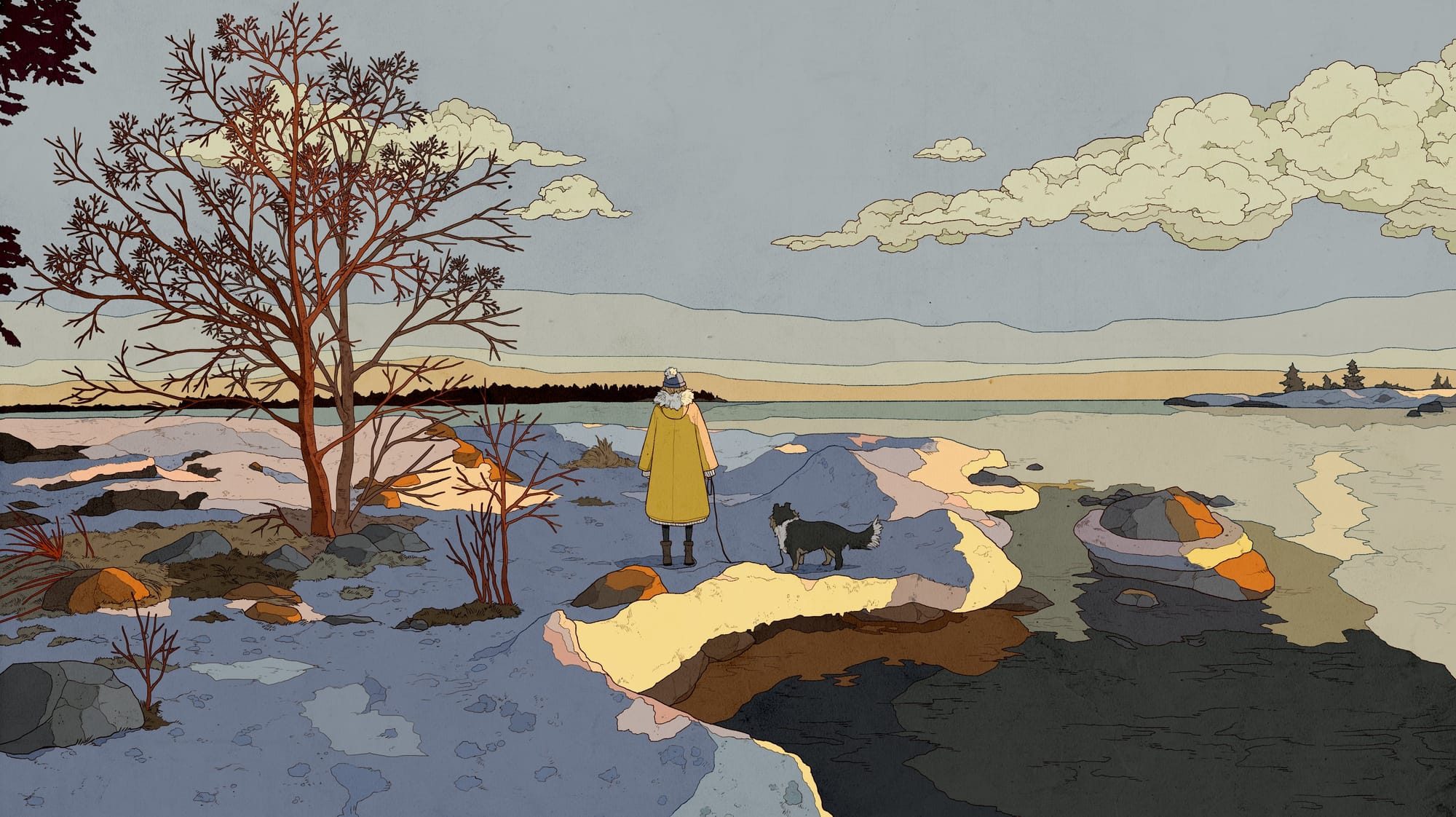
The downside was I was socially awkward. I wouldn’t initiate a conversation or even recognise some of the social cues. Public speaking terrified me; words couldn’t leave my mouth. I would freeze on the spot. It made me feel embarrassed and ashamed because it came fairly easily to my peers. Sometimes I still lament and wish I had a normal teenage life because I could have been more extroverted and pursued better opportunities, which would lead to a better (by social standards) life.
At one point imposter syndrome crept in and I felt insignificant in my works, even as a teen! Why did my writing, drawing, or even building websites matter when there were more brilliant creators out there? It was disappointing enough that I wasn’t the “best” student or “best” daughter. I didn’t believe I could do what they were doing and it never occurred to me that they too started somewhere. I self-sabotaged before I even knew it. As a result, I gradually began to consume more than creating. What if I believed in myself or had a support system? I was afraid to share my internet hobbies with others because I don’t think they would understand how much it shaped and made an impact on me. They might even judge and perceive me as a sad, anti-social teenager. I didn’t want that, especially not from my loved ones.
I could have grown into a writer, artist, somebody in media, or anything else that I create on the internet if I had stayed consistent and persistent. I could have taken a relevant course in university but didn’t because of the implicit pressure to choose a traditional route. Maybe it was also because the activities I genuinely enjoyed were conventionally useless in comparison to traditional roles that I stopped creating. I took the safest route in business and marketing to get a “respectable” stable job. Then, I realised my life was a slow burn; I couldn’t figure out how to put “meaning” into it so I went with the flow. It wasn’t necessarily bad to go with the flow, but I felt I could have achieved more. I was envious when I saw my other peers living their best lives, staying true to themselves and doing what they love. It seemed like they have their life all figured out, but it might be thanks to the illusion of social media. Naturally, I attached my identity to my job because that was the only thing I was good at and was known for.
But the one constant that I had has always been the internet, even through the darkest times when I had no one to turn to.
When 2020 came, it accelerated my internet capabilities. It was a post on a Women in PM (product management) Facebook group where we followed each other on Twitter. I didn’t think anything of it, but it sent me into a whole new rabbit hole of the creator economy — building and creating things online. It felt less lonely being part of this community of builders and creators. It gave me the courage and confidence to pursue what I had failed to do years before. I was carrying on from where I had left off in my adolescence. I started writing again (non-fiction), building websites and tools, drawing, and making more internet friends. It reminds me of the times when I felt... at ease. Is it nostalgia? Maybe. I don’t think nostalgia is a bad driver because it could be a means to shape a better self. There must be a reason we were attracted to certain things as children.
Maybe if we can learn to trust our inner child and discover our true feelings, we might be closer to understanding what gives us more meaning again.
Big thanks to Jude Klinger, Katerina Bohle Carbonell, Daniel M, Elizabeth Michael, Nick Drage, and Joel Christiansen for the feedback.
